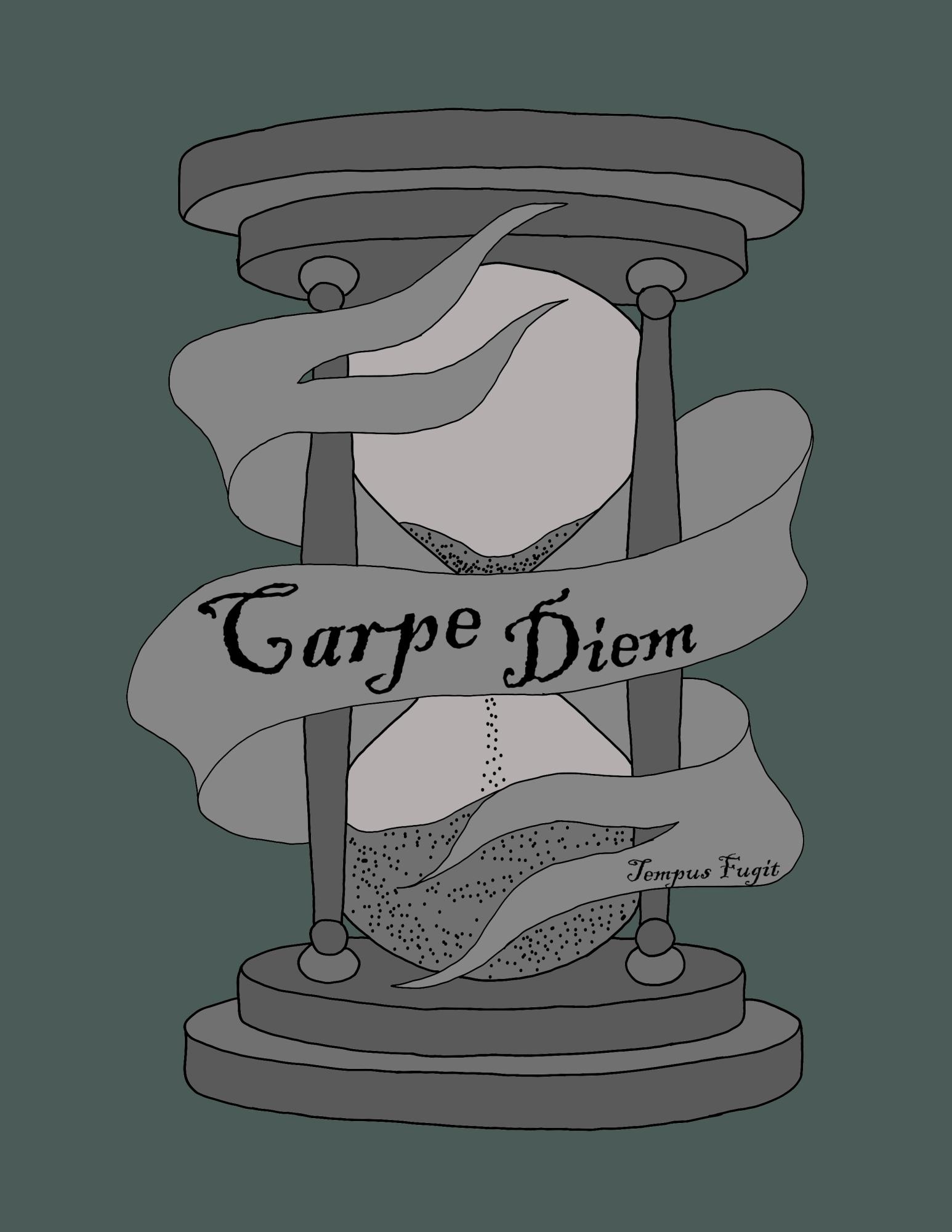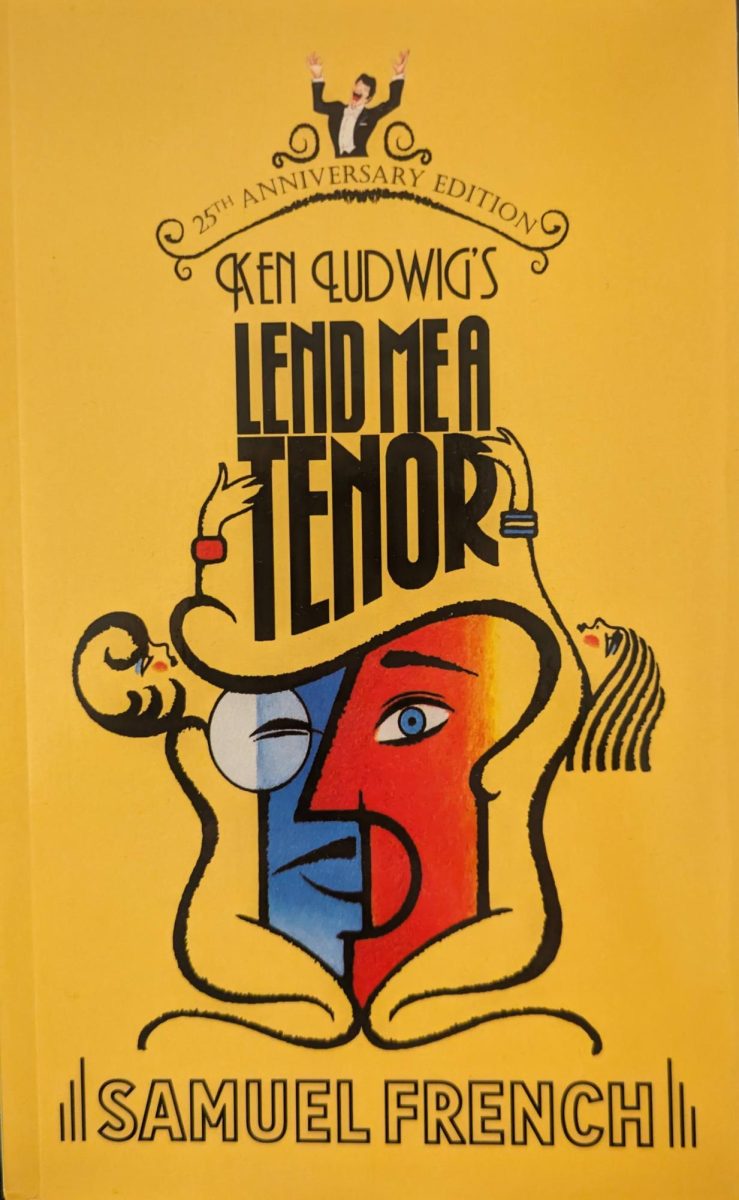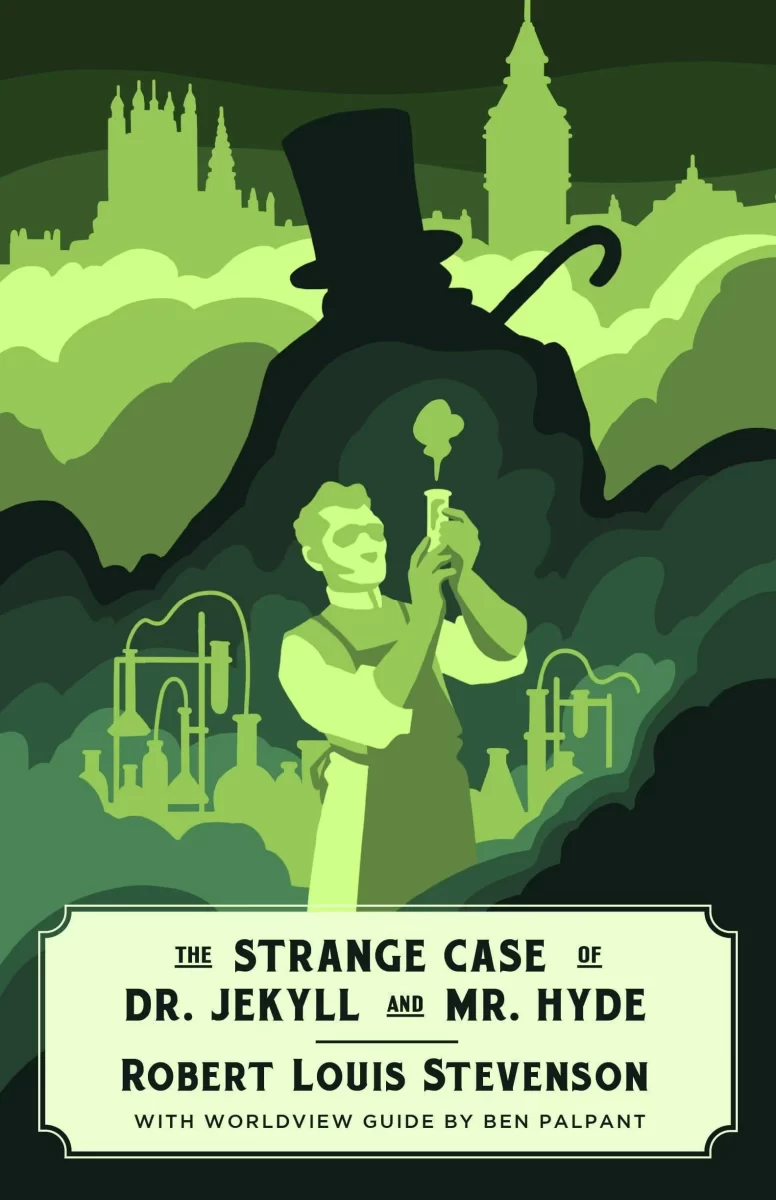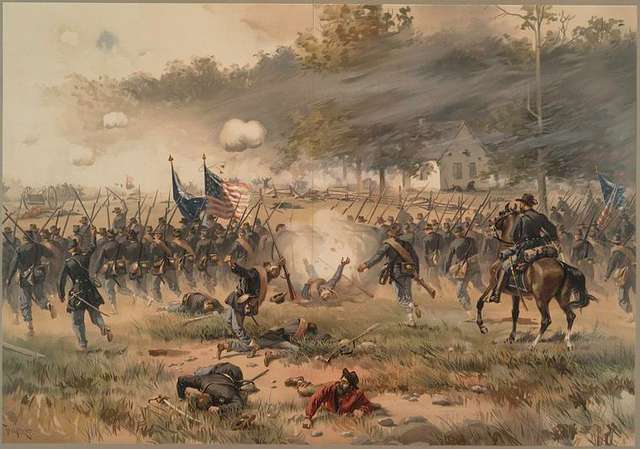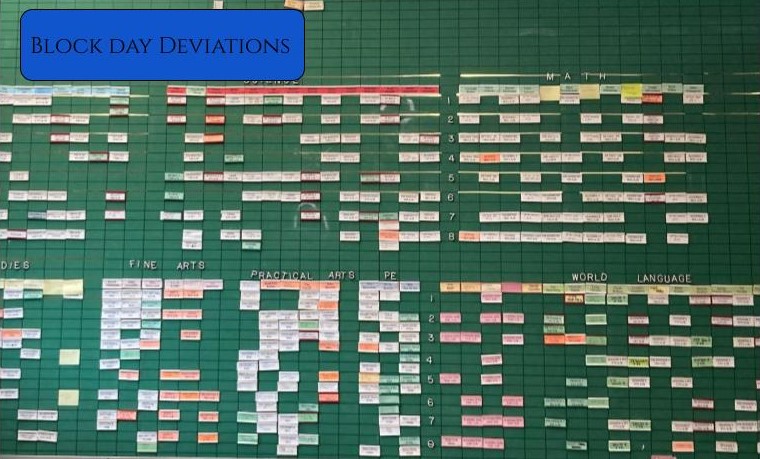Carpe Diem! We’ve all heard this phrase at least once in our lives. We’ve been told to seize the day, use our time to the fullest, and not to waste the short experience that is life. With such high expectations, one would think there is more to the story. Well, there is, for not many people know the origin of the phrase, and how it actually comes from a Roman poem written by Horace. Neither do they know that it’s not the full phrase, but only the beginning.
Horace was a Roman poet during the Golden Age (the same age of Vergil and Ovid), famous for his lyric poetry which was quite different from, say, Catullus’ love poems. According to The Poetry Foundation, “by offering a poetic persona who speaks to so many human concerns, Horace has encouraged each reader to feel that he or she is one of the poet’s circle, a friend in whom he confides.”
Horace’s Ode 1.11 – 23 BCE
You should not ask – to know is a sin – which end
the gods have given to me, or to you, Leuconoe, nor
should you meddle with Babylonian calculations. How much better to suffer
whatever will be, whether Jupiter gives us more winters, or whether this is our last,
which now weakens the Tyrrhenian sea on the pumice stones
opposing it. Be wise, strain the wine, and cut back long hope
into a small space. While we talk, envious time will
have fled: pluck the day, trusting as little as possible to the future.
Bolded section in Latin:
Sapias, vina liques et spatio brevi
spem longam reseces. Dum loquimur, fugerit invida
aetas: carpe diem, quam minimum credula postero.
The phrase “Carpe Diem” is Latin, but its translation is not exactly “seize the day”, it’s actually “pluck the day”. Horace’s meaning of the word “pluck” has continued through other poets, including the English Cavalier poet Robert Herrick. He wrote of a similar theme in his poetry book Hesperides, published in 1648.
Gather ye rosebuds while ye may:
Old Time is still a-flying;
And this same flower that smiles today,
Tomorrow will be dying
—
Then be not coy, but use your time;
And while ye may, go marry:
For, having lost but once your prime,
You may forever tarry
With this poem in mind, Horace’s Carpe Diem meaning is clear on how each moment is like a rosebud, unique, and full of petals waiting to bloom. “Old Time” will continue to march on, and nature will continue to live and die, so we must make the most of life while we have it.
Perhaps the most commonly known origin of Carpe Diem is Robert Frost’s poem of the same title. It includes verses that describe a figure named Age that encourages children to be happy and live in the present. He uses similar diction such as “gather-roses”, a direct connection to Herrick’s poem.
Parts from Frost’s “Carpe Diem”
“Be happy, happy, happy,
And seize the day of pleasure.”
The age-long theme is Age’s.
‘Twas Age imposed on poems
Their gather-roses burden
—
With happiness should have it.
And yet not know they have it.
But bid life seize the present?
It lives less in the present
Than in the future always,
And less in both together
Than in the past.
Horace’s full poetic verse including Carpe Diem is “while we talk, envious time will have fled: pluck the day, trusting as little as possible to the future”. Despite the commonly used phrase disregarding its former and latter parts, the same message is conveyed. Horace specifically warns his readers that trusting matters to the future is risky, whilst “plucking” the day like a rosebud will bring better tidings. Another interesting verse from Horace 1.11 is: “cut back long hope into a small space”, meaning, dream, but don’t dream too big that you miss out on the small moments.
So, Carpe Diem, pluck the day, and please, have a good day today, whenever you’re reading this. Remember, tempus fugit: time flies!


